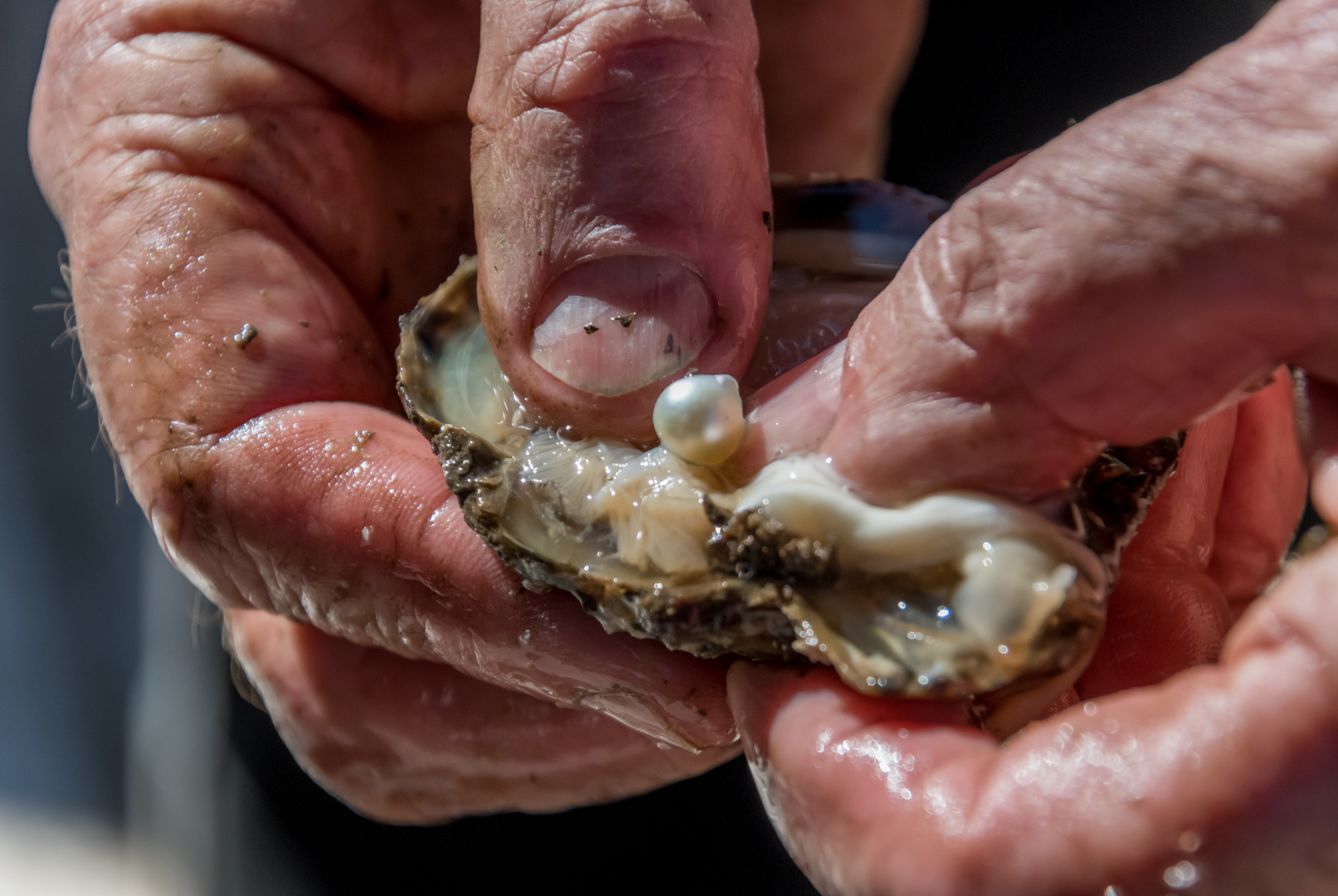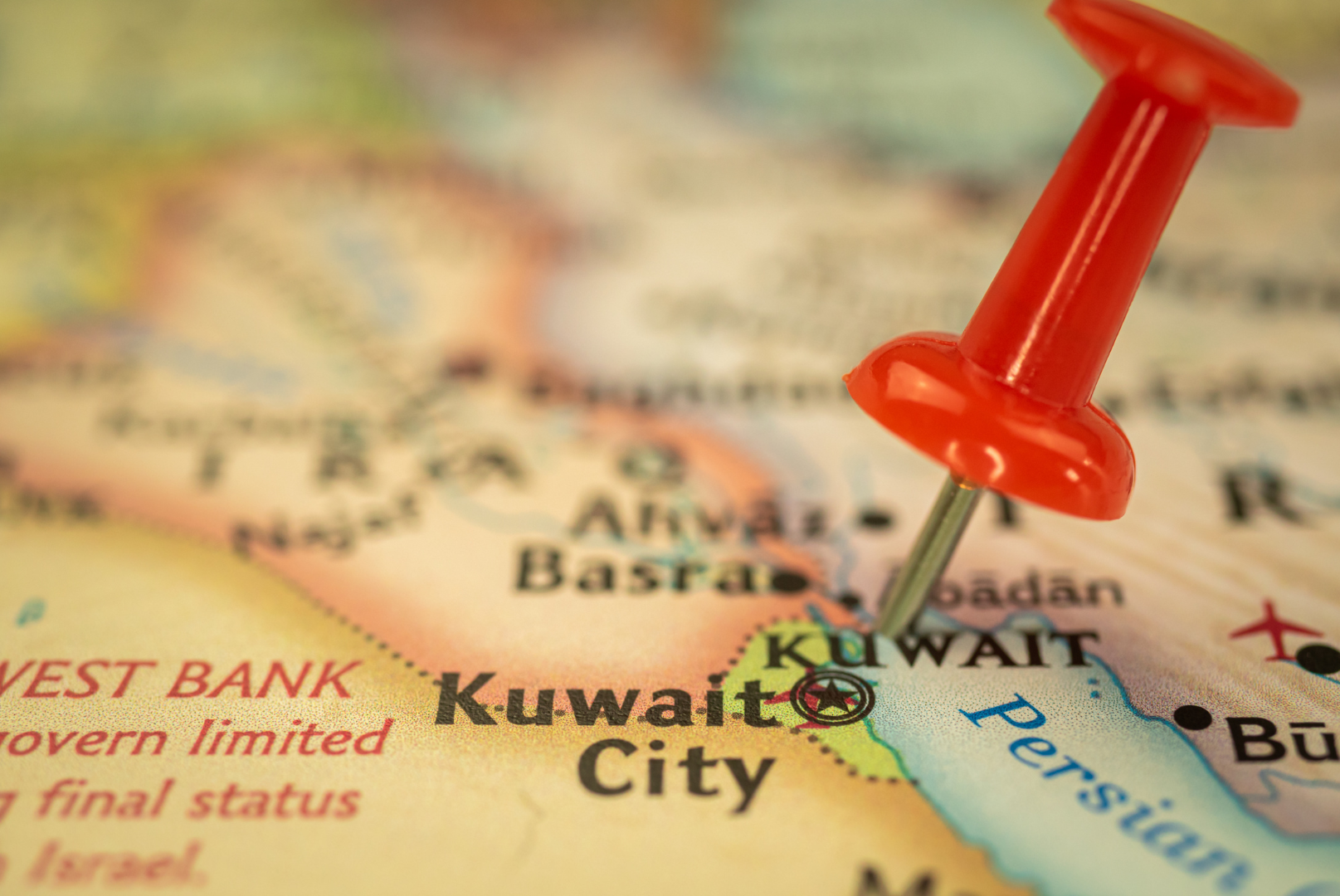No products in the cart.

In this collection of intriguing facts, we delve into the fascinating aspects of Kuwait,
Fast Facts
Official name: State of Kuwait
Capital city: Kuwait City
Population: 4,420,110
Area: 17,818 sq km
Major languages: Arabic, English
Time zone: UTC+3 (Arabia Standard Time)
1.) Pearl Diving Heritage

Before oil discovery, pearl diving was a prominent and vital industry in the region. The country has a deep-rooted maritime heritage, and pearl diving was pivotal in its history and economy. Pearl diving involved skilled divers plunging into the waters of the Persian Gulf to retrieve valuable pearls, which were highly sought after in international markets for their beauty and rarity. This industry helped sustain the local economy and provided livelihoods for many residents. However, with the advent of the oil industry and the decline in demand for natural pearls, the pearl diving industry gradually faded into history, making way for the oil-based prosperity that the country enjoys today. Nevertheless, the pearl diving hub remains an integral part of its cultural and historical identity.
2.) The name Kuwait means “fortress.”
The name “Kuwait” indeed means “fortress” in Arabic. It is derived from the Arabic word “كوت” (kut), which means fortress or stronghold. The reference to a castle constructed by the Beni Khaled tribe in the 17th century adds an intriguing layer of historical context. This fortification not only reflects the strategic importance of the region but also the settlement’s role as a trading post and a center for pearl diving. Over time, Kuwait City has grown from this historical fortress into a modern metropolis while preserving its cultural heritage and historical roots. The name Kuwait is a testament to the nation’s rich history and development over the centuries.
3.) Sadu Weaving Is An Important Traditional Craft In Kuwait
Sadu weaving is a significant traditional craft in the country. It is a time-honored art form practiced for generations by the Bedouin and other local communities in the region. Sadu weaving involves creating intricate patterns and designs on textiles, typically using a horizontal ground loom and vibrant, locally sourced materials such as sheep’s wool and camel hair.
These woven textiles, often used to make items like tents, carpets, and decorative items, carry a profound cultural and historical significance. The patterns and motifs in Sadu weaving often depict elements of Kuwaiti desert life, including the dunes, palm trees, and camels. It is not just a craft but a way of preserving and celebrating the heritage of Kuwait, connecting the modern nation with its nomadic past.
4.) World’s Second-largest Sandstone Oil Field

It is home to the world’s second-largest sandstone oil field, the Burgan Field. Situated in the southeastern region of the country, this oil field is globally renowned for its sheer size and significance. It ranks as the second-largest oil field on the planet, just behind Saudi Arabia’s Ghawar Field. The Greater Burgan oil field, encompassing the Burgan Field along with the smaller Ahmadi and Magwa fields, is situated within the arid desert landscape of Kuwait.
The creation of this immense oil reservoir, which lies adjacent to the Persian Gulf, dates back millions of years and is intricately tied to the geological history of the region. This oil field’s vast reserves have played a pivotal role in Kuwait’s economy and the global energy landscape.
5.) 70% of Kuwait’s Population Consists of Expatriates

Locals are a minority within their own country. Most of these expatriates reside in the capital city, where they are employed across various sectors of the economy. The largest expatriate community is of Indian origin, primarily from the southern Indian states of Tamil Nadu and Kerala. Consequently, the country hosts 17 Indian schools and 164 Indian community associations to cater to the specific needs of this demographic. Following the Indian community, Egyptians constitute the second-largest group of expatriates in Kuwait. Many expatriates come from Pakistan, Syria, Iran, Palestine, the Philippines, and Turkey.
6.) Kuwaiti Dinar (KWD) is the World’s Highest-valued Currency

Its strong value results from the country’s substantial oil wealth and prudent fiscal policies. The currency’s high value means that it takes fewer Kuwaiti Dinars to purchase goods and services, both domestically and internationally, making it one of the most valuable and powerful currencies in the global financial system.
7.) The Kuwaiti flag is full of meaning

The flag features horizontal stripes of green, white, and red with a black truncated triangle. A poem by the Arabic poet Ṣafī ad-Dīn al-Ḥill inspired the colors of the flag of Kuwait. In his father’s (“boasting”) poem – written in the 13th century – he wrote: “White are our deeds, black are our battles, / Green are our tents, red is our swords.” Officials first used this version of the Kuwaiti flag on the 24th of October 1961.
8.) Kuwait is the 8th most prosperous country per capita when measured by GDP (PPP) per capita

Kuwait’s status as the 8th most successful country per capita, as measured by GDP (PPP) per capita, underscores its extraordinary economic prosperity. This wealth is predominantly attributed to the country’s vast oil reserves, making it a significant player in the global energy market. Kuwait’s small population, coupled with its substantial oil revenues, has allowed the government to invest heavily in infrastructure development, education, and healthcare, resulting in a high standard of living for its citizens.
9.) Kuwait is a tiny country in the Middle East and Asia bordering Saudi Arabia, Iraq and Iran

Kuwait is a small, oil-rich country in the Middle East and Asia, situated between Saudi Arabia to the south, Iraq to the north, and Iran to the northeast. Its strategic location along the Persian Gulf has made it a key player in the global energy market. This location has also necessitated careful diplomacy and international relations to navigate regional tensions, ensuring the security and stability of the nation.
10.) Strict Alcohol Laws

The country enforces strict regulations concerning the consumption of alcohol. Public drinking is prohibited, and there are no dedicated liquor stores for the general public. The consumption of alcohol is limited to licensed hotels, where it is made available exclusively to non-Muslim expatriates and visitors. These laws are in line with the country’s adherence to Islamic principles, which prohibit the consumption of alcoholic beverages by Muslims. Visitors should be aware of and respect these regulations to ensure they do not violate local laws and customs.
If you like reading this, please like and share my page, DIARYNIGRACIA PAGE. Questions or suggestions, send them to diarynigracia (at) gmail dot com
You may also follow my Instagram account featuring microliterature #microlit. For more of my artwork, visit DIARYNIGRACIA INSTAGRAM.
READ MORE AND SHARE!
2023 Your Practical Wedding Guide
Investments and Finance Ultimate Guide
Your Ultimate Access to Kuwait Directories in this COVID-19 Crisis
A Devotional Journal: Thankful from Within
READ MORE ABOUT KUWAIT!
Kuwait: 30 Things You Should Know
Weekend Escape in Kuwait: 15 Must-Do Experiences
Discovering Kuwait: Top 10 Must-Visit Destinations

Peace and love to you.